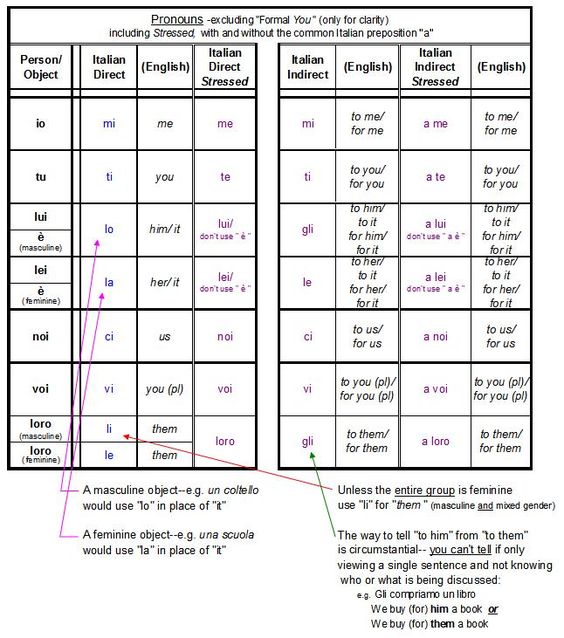Why You Should Avoid Paying for Trading Courses
In the world of trading, it can often be tempting to invest in paid courses promising to unlock the secrets to financial success. However, it’s crucial to approach these offerings with skepticism. If someone claims that they can guarantee you a monthly income of a few thousand dollars by following their course, it’s wise to take a step back and reconsider.
While it’s true that some courses focus on imparting the foundational knowledge necessary for trading, most of this information is readily available online at no cost. With a bit of research, you can access a wealth of resources—from articles and videos to forums and webinars—that cover the basics and beyond without opening your wallet.
Instead of spending your hard-earned money on questionable courses, consider allocating these funds towards your trading account. Once you feel equipped with sufficient knowledge and confidence in your trading abilities, you’ll be better positioned to invest wisely. Remember, the best way to learn is through experience and practice, not just theory.
So, save your money, educate yourself using the free resources available, and invest it in your trading journey when you’re ready.

One response
Your perspective on the trading education landscape is certainly thought-provoking, and you’re correct that many individuals should approach paid trading courses with caution. However, there are nuances to consider when navigating the vast array of resources available for aspiring traders.
Identifying Quality Resources: While it’s true that fundamental trading knowledge is widely available for free, the quality and reliability of that information can vary dramatically. It’s crucial to identify credible sources for your education. Websites like Investopedia offer a treasure trove of articles, tutorials, and even trading simulators that can help you grasp essential concepts without any cost. Furthermore, forums like Elite Trader or certain subreddits can provide real-time insights and discussions with seasoned traders.
Complementing Free Resources: Although free resources are valuable, they can sometimes lack structured learning paths. If self-learning proves challenging, consider investing in reputable online platforms like Coursera, Udemy, or Khan Academy. They often feature affordable courses that provide well-structured content, enabling you to grasp trading concepts step by step. These platforms sometimes offer thorough introductory courses at reasonable prices, making them a better option than high-cost, heavily marketed courses.
Free Trials and Webinars: Many trading educators and platforms offer free trials or webinars. This allows you to gauge their teaching style and content without any financial commitment. Engaging in these events can also help you network with fellow traders, which is invaluable as you begin your trading journey.
Community Learning: Consider joining trading communities, both online and offline. Platforms like Discord and Telegram often host groups where traders share insights, tips, and even live trading sessions. These communities can provide real-time feedback on strategies and help you learn from others’ experiences without incurring significant costs.
Simulated Trading: Before you dip into actual trading, taking advantage of simulated trading platforms (like TradingView or Thinkorswim) can be incredibly beneficial. These allow you to practice trading strategies with virtual money, providing a risk-free way to test your knowledge and skills while refining your approach to the markets.
Continuous Education: The trading landscape is ever-evolving, and staying updated on market trends, regulations, and trading technologies is vital. Regularly following financial news outlets, subscribing to newsletters, and listening to trading-related podcasts can help you stay informed without the need to pay for structured courses.
Caution Against Guarantees: You rightly advise vigilance against promises of guaranteed earnings